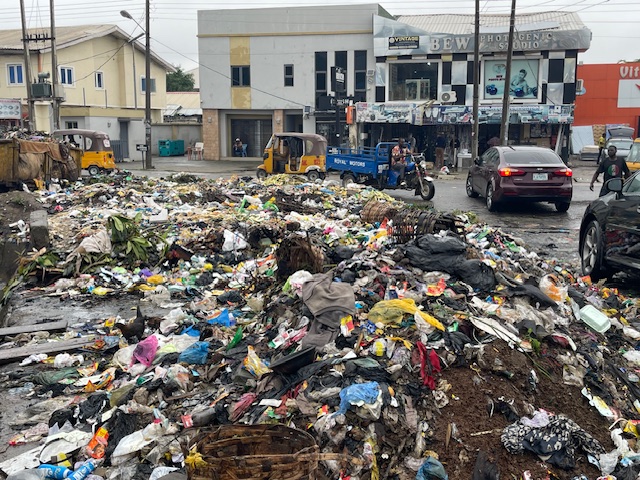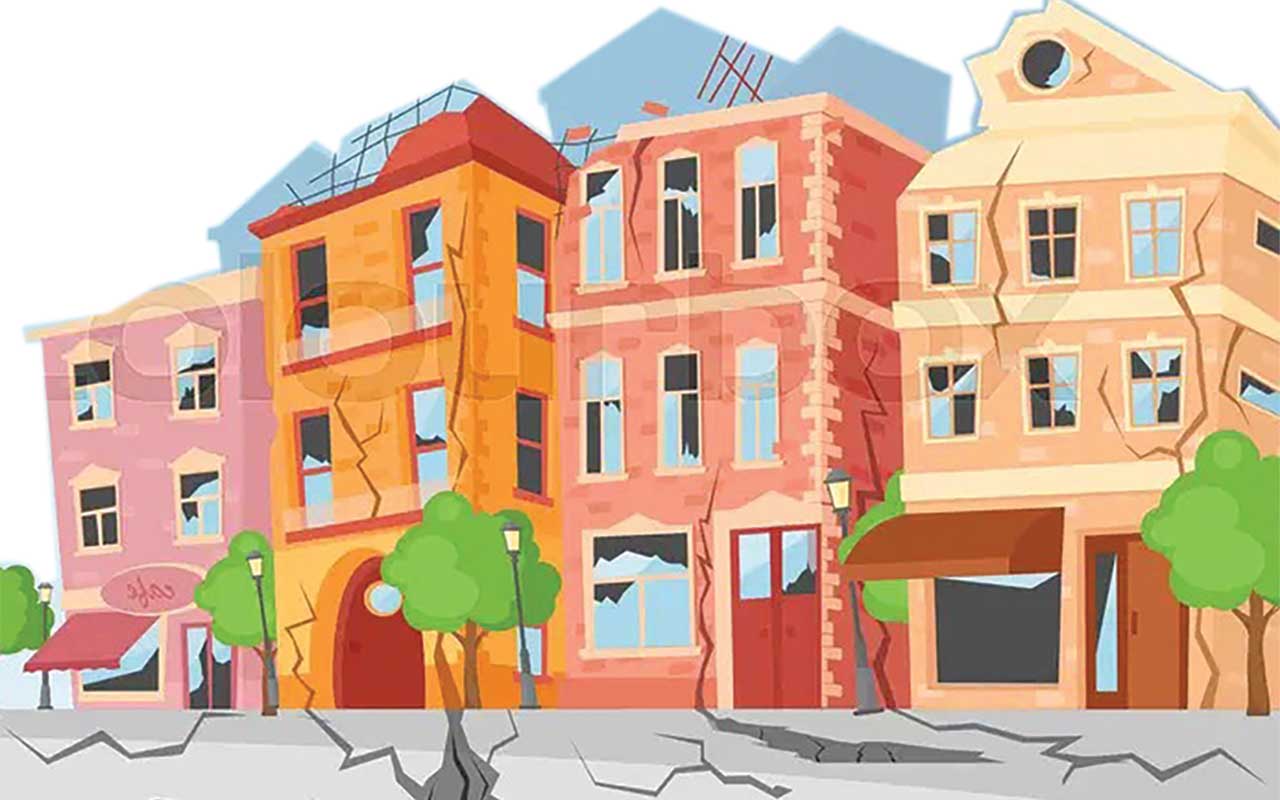
There is no gainsaying how crucial energy is in the life of a nation as well as the price fueling its accessibility, whether for the economy or for the social life of a people. So crucial is it that energy of sunlight is harnessed and stored for use for all manner of human activities. Aren’t we familiar with what has come to be known as solar panels? Batteries and inverters are no doubt on everybody’s lips. We are, indeed, living in interesting times. But we cannot move away from fossil fuel flowing into refineries after laborious, indeed, grueling and risky fractional distillation. It is, therefore, not surprising that everyone is interested in the source, and the price at which the premium motor spirit gets to the end users. And this brings me to the issue of Dangote and the price of his gasoline announced yesterday. Reports say it is N1, 030 a liter.
According to Online newspaper Premium Times, “The product which previously sold for N897 in Abuja, the nation’s capital, currently sells for N1, 030. In Lagos, fuel which previously sold for N885 per litre is now being sold at N998 amid long queues.” It is Nigerian National Petroleum Company Limited, (NNPCL), that the report said announced the new pump price. The enheartening report, however, is that NNPCL is terminating its sole buyer agreement with the Dangote Refinery, thus clearing the way for other marketers to buy unhindered and directly from the company. They can negotiate independently with the refinery. That is business as it should be. That has the potential of engendering competition of a sort both in supply and prices.
As I did argue two weeks ago, it is strange that it is a third party not involved in production that would be fixing price of a product for the manufacturer. Aliko Dangote should be allowed to work out his cost recovery template and determine his price negotiated independently with the marketers. This will be driven largely by what can make the company to continue in business. It should be able to recover its costs—recurrent expenditure; production and personnel costs; loan repayment as well as bearing in one corner of his mind the imperative of provisioning for assets replacement which must arise from wear and tear of the equipment and facilities in the future as the operations roll in full gear.
The price will come down when there is competition with more refineries coming on stream, particularly competition from those of NNPCL. Work is said to be apace with three modular refineries from among the 16 Nigerian investors that former President Olusegun Obasanjo gave licences. The Edo State refinery is said to be awaiting crude oil supply from the NNPCL. The market presence of more refineries will force down the pump price. These are what should deserve our pressure and that of civil organisations.
Two observations made by experts in reaction to this column on the Dangote Refinery are that its production capacity is yet to meet demand. Between September 15 and 30, for example, the NNPCL loaded 103 million litres of gasoline from the Refinery; the loading bays could only load 2,207 out of 3, 621 trucks sent to the refinery, amounting to 102, 073, 025 litres. This is considered far a drop from the 400 million litres planned to be loaded from there at 25 million litres per day. The observation is that the evacuation plans are foggy as pipelines are not yet in place. The organisation’s plan, however, includes distribution by sea particularly to Calabar, Port Harcourt, Warri, Apapa and Atlas Cove, according to its vice-president, Devakumar Edwin.
For me there is no cause for panic. A journey of a thousand miles, they say, begins with one step. These are teething problems normal in a new enterprise. Aliko, not new in production, will certainly learn and master the new field fast and tackle them. He needs all our commendation and encouragement for thrusting his chest forward to free the nation and its economy from the chokehold of incessant fuel supply deficiencies and shortages as well as pump price instability which have wrecked the economy and plunged Nigerians into untold misery. The prospect of another era of energy uncertainties ought to make it compelling to get the public refineries to roar into production to fill any supply gap.
This oil palaver has been with us for long enough to muster the courage to end the shame. The steep rise in the fuel price over time has caught my more-than-passing attention after digging into the archives. Would you believe it that fuel ever sold for 70 kobo a litre in this country? I dug into my archives to remind myself of what the oily problem was like in bygone years and following is what I wrote 33 years ago, precisely on 24 October, 1991, in this column. Captioned Oil Subsidy Imbroglio, It reads:
“Two ministers are flashing signals that we are about to reach a point the price of petrol may have to be reconsidered. Finance Minister Alhaji Abubakar Alhaji, we fondly call Triple A, has spoken about the cheapness of petrol in our country at 70 Kobo a litre. Petrol is cheap because the government subsidises it. The Finance Minister said reducing the subsidy had been agitating his mind.
“The Vice President, reacting to the Minister’s statement, dismissed speculations that the government would raise the price of fuel. He dissociated the Federal Government from the minister’s view. The minister himself had made it plain that it was his personal view. The Vice President, Admiral Aikhomu, was reported as saying; ‘I don’t want to join in this speculation being made in Bangkok; we don’t live in Bangkok. I won’t take it as the Federal Government position.’
“About four days later, the Minister of Petroleum Resources, Professor Jibril Aminu, spoke—in the same vein as the Finance Minister. The two ministers are the closest to the thinking of the Nigerian National Petroleum Corporation (NNPC). They have their figures. It is possible they have not advised the government on the desirability of increasing fuel prices. The Vice President was, therefore, right to say the view of the Finance Minister did not represent that of the Federal Government.
“When the government is advised it will be left to it to accept the minister’s recommendation to withdraw the remaining subsidy or retain it. Whether the remaining subsidy should go or not is a different matter. There is something untidy in three senior functionaries of government making different pronouncements on an issue. It does not suggest co-ordination and discipline at such high level of government. After the Vice President had spoken, there ought not to have been another statement, discordant for that matter, on the subject for some time to come so as not to send out a wrong signal of indiscipline in the rank of ministers. After a month or so, there could be another statement, and the impression would then be created that the government had reconsidered the subject and it had come to the conclusion that the price of petrol in our land was cheap and something should be done about it.
“There may not be much wrong in withdrawing the subsidy altogether. But the piecemeal approach to tackling the problem since 1978 is what is ruinous. The approach is political and it is understandable. But the socio-economic consequences attendant to the piecemeal withdrawal have made nonsense of the exercise. Speculations on an imminent increase in fuel price ignite inflation. The rise itself when it does come kicks up another round of inflation. Months later, government spokesmen fly another set of kites. Spiral inflation follows…again and again.
“There is need for information on by how much the price of petrol is subsidised. Given our socio-economic culture, if the subsidy is to go with the recommendation of NNPC, it ought to be removed in one fell-swoop. Before then, however, adequate information and convincing arguments should be put forward and circulated widely. As things are, the impression the government is creating is that petrol users are being penalised for the failing of the authorities to stem smuggling of petrol across our frontiers.”
My point, the reader may ask: A litre of premium motor spirit selling for 70 kobo in 1991 is today in 2024 selling at N1, 030. In 1973, it was 6 kobo. When General Gowon left office in 1975 it was 8.45 kobo from 6 kobo. Hmmmm! It rose progressively under one Head of State or President to the other. In the first coming of Obasanjo it was 15.3 kobo. General Babangida first moved from Shagari’s 20 kobo to 39.5 kobo and left it at 70 kobo in 1991. It crossed the Naira line under Shonekan and Sani Abacha, N11 from Shonekan’s N5 to bell the Naira cat. General Abubakar Abdulsalami raised it to N25 but reduced it to N20 before he left office. Under Obasanjo’s second coming it oscillated between N20 and N30 then down to N20, but moved up progressively to N65 and was eventually left at N75 per litre. Umar Yar’Adua reduced it from N75 to N65 a litre.
When President Goodluck Jonathan left office fuel was selling for N87 although he met it at N67. President Buhari left it at N195 last year. With the total removal of fuel subsidy, the price per litre soared first to N557 and later to N617. The journey downhill began in 1993 when the public refineries operated at an average capacity utilisation of about 20 per cent, according to the report of the National Refineries Special Task Force set up by President Goodluck Jonathan. From 1990-1992, Nigeria was self-sufficient in petroleum products and had surplus for export.
The NNPCL has done well in ending the purchase agreement to exclusively lift the Dangote gasoline and sell to marketers. With this, handling charges that would have been added to the bill to marketers are eliminated. The charges would have, in turn, been passed to the end-users at filling stations. That is wise. Mele Kyari should now concentrate his energy on fixing the public refineries and get them, after many unfulfilled promises and dashed hopes, to roar back to life.






